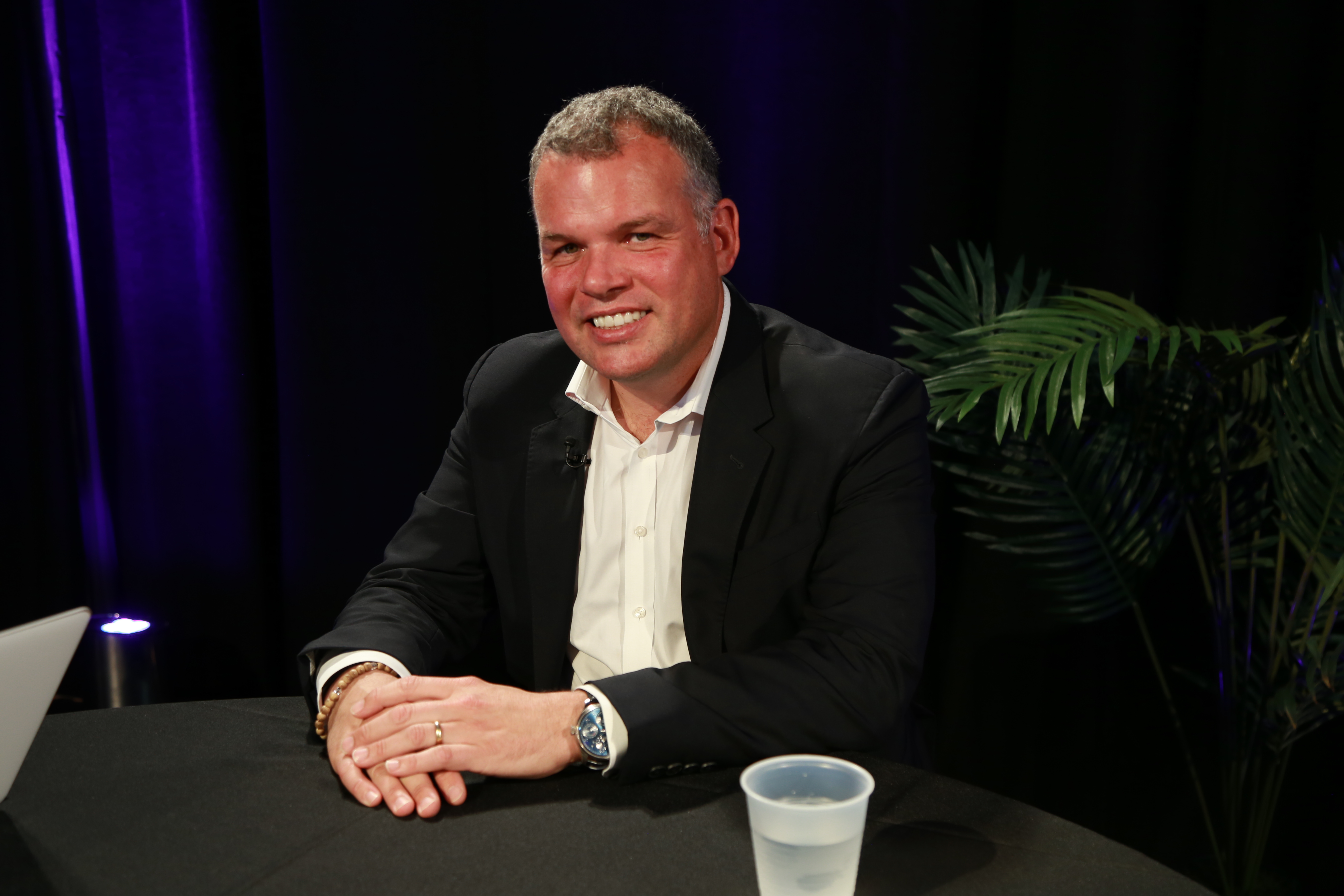 CLOUD
CLOUD
 CLOUD
CLOUD
 CLOUD
CLOUD
While many try to overcomplicate and monopolize matters of technology in today’s trend towards digital transformation, it’s important for organizations to simplify tech solutions and realize that there is no such thing as a monopoly when it comes to cloud solutions, according to David Richards (pictured), founder and chief executive officer of software company WANdisco PLC.
Richards recently discussed his company’s take on simplifying all things cloud for customers.
“[Multicloud and hybrid cloud are defined as] the ability to manage and run the same data set against different applications simultaneously and achieve exactly the same result,” Richards said. “[So they’re] the same. For us it’s just a different end point. Hybrid means that you’re running something, implies on-premise. A multicloud or polycloud implies that you’re running between different cloud venues.”
Richards spoke with John Furrier (@furrier) and Peter Burris (@plburris), co-hosts of theCUBE, SiliconANGLE Media’s mobile livestreaming studio, during theCUBE NYC event in New York. They discussed meeting customer’s needs through simplifying for the open-sourced Hadood software for managing data at large scales, as well as cloud integrations. (* Disclosure below.)
As businesses continue to embrace cloud solutions, they want to make sure they their dependency on one service is not absolute, according to Richards. “I think the market now realizes that there is not going to be a single, dominant vendor for cloud infrastructure,” Richards said. “For cloud, it’s democratized.”
Companies will begin to use different companies, like Amazon, Google and Microsoft, based solely on the offerings they each have — and maybe some of them simultaneously, he explained.
Another way this simplification has worked for WANdisco was to rebuild its product WANdisco Fusion as a general purpose data replication platform that supports Hadoop, but also supports object store and cloud technologies.
“Lots of people … can deploy Hadoop in a fairly small way, but not many companies are equipped or built to deploy massive-scale Hadoop distributions,” Richards stated. “And we’re now seeing use cases in cloud certainly begin to overtake Hadoop for us for the first time.”
Helping customers achieve flexibility and simplification for their workloads is helping them understand better uses for concepts such as hybrid cloud, according to Richards.
“Hybrid cloud doesn’t mean that you run some operations and processes and data on-premise and a different siloed approach to cloud,” he said. “What this means is that you have a data layer that’s clustered and stretched — the same data that’s stretched across different clouds, different on-premise systems, whether it’s Hadoop on-premise and … cloud.”
Watch the complete video interview below, and be sure to check out more of SiliconANGLE’s and theCUBE’s coverage of theCUBE NYC event. (* Disclosure: WANdisco PLC sponsored this segment of theCUBE. Neither WANdisco nor other sponsors have editorial control over content on theCUBE or SiliconANGLE.)
THANK YOU